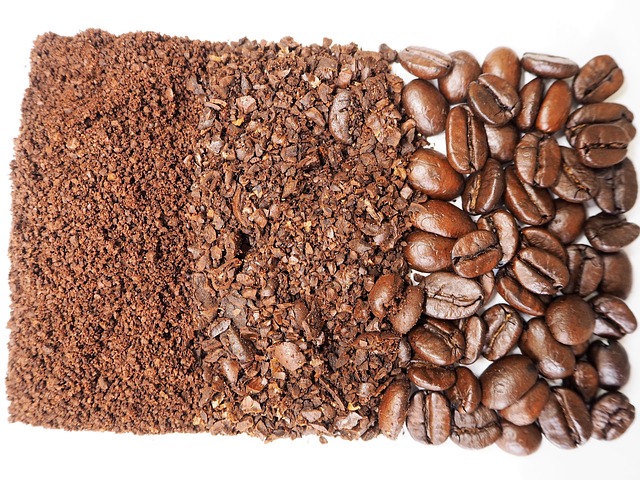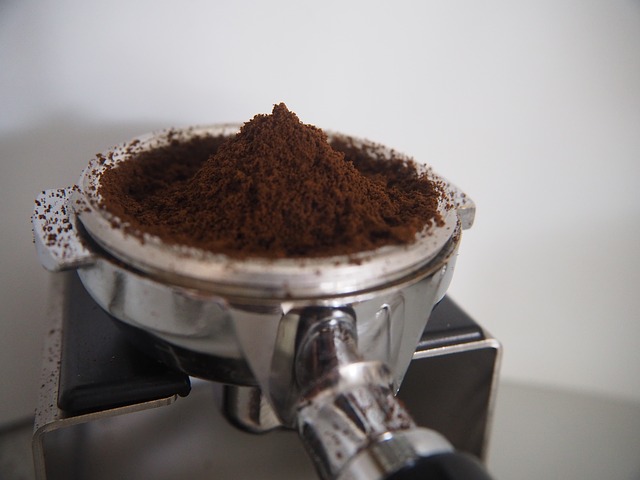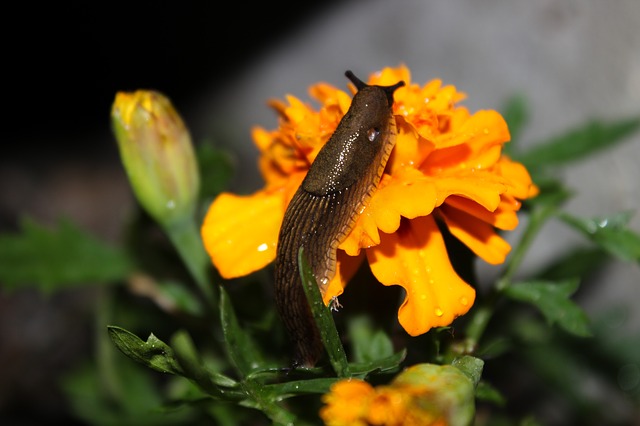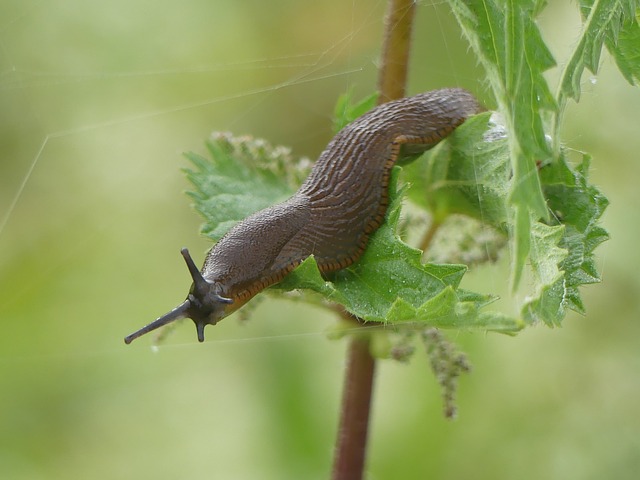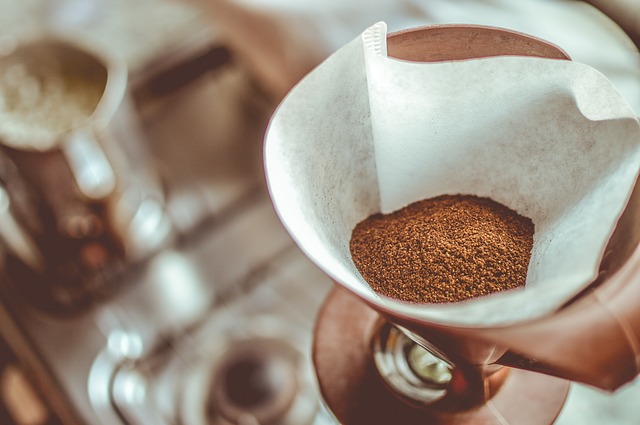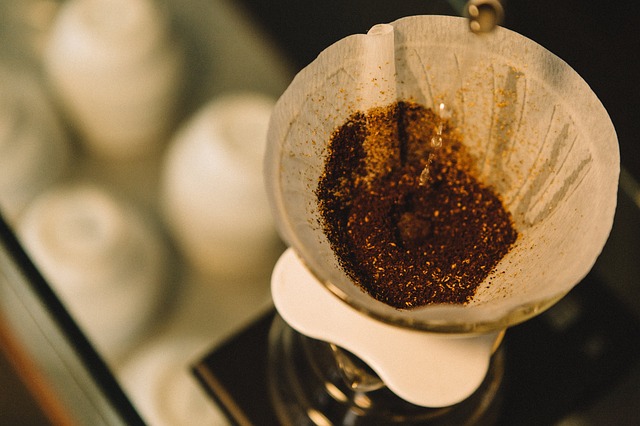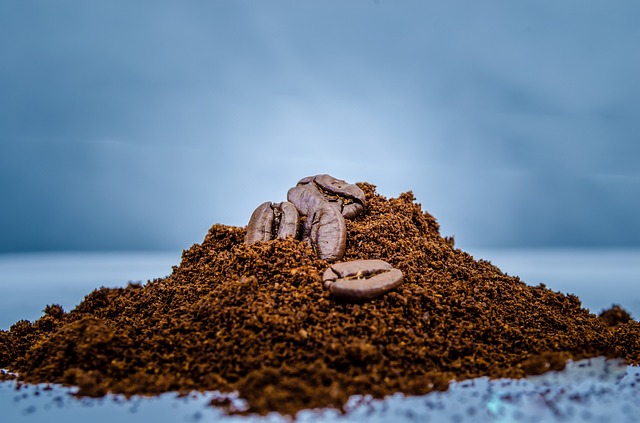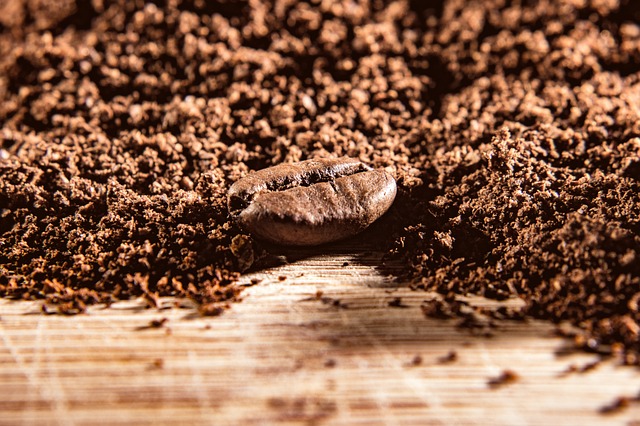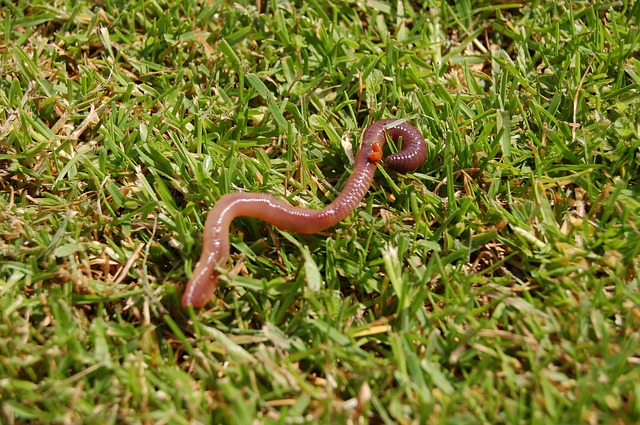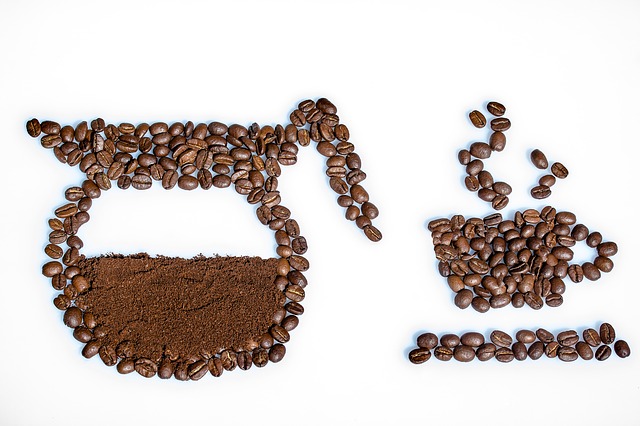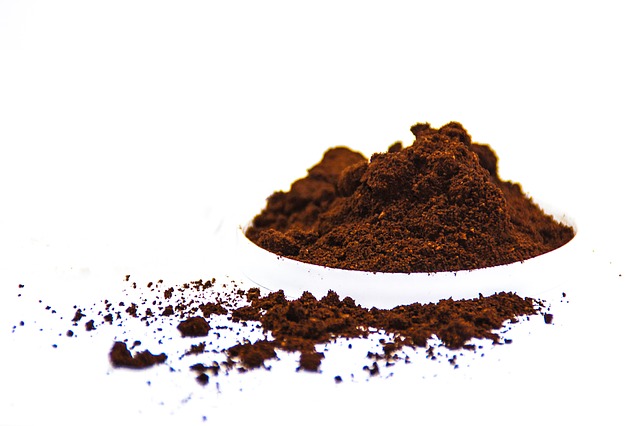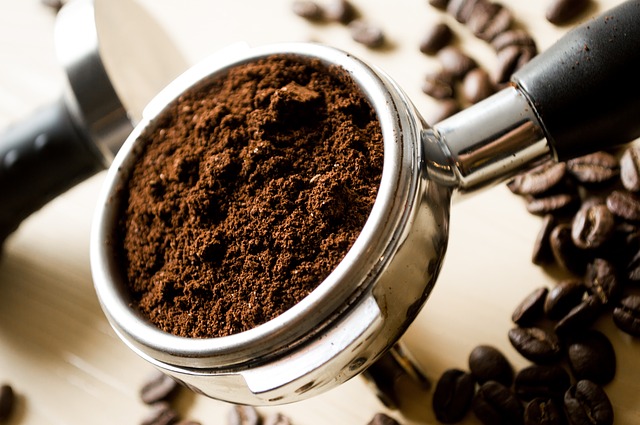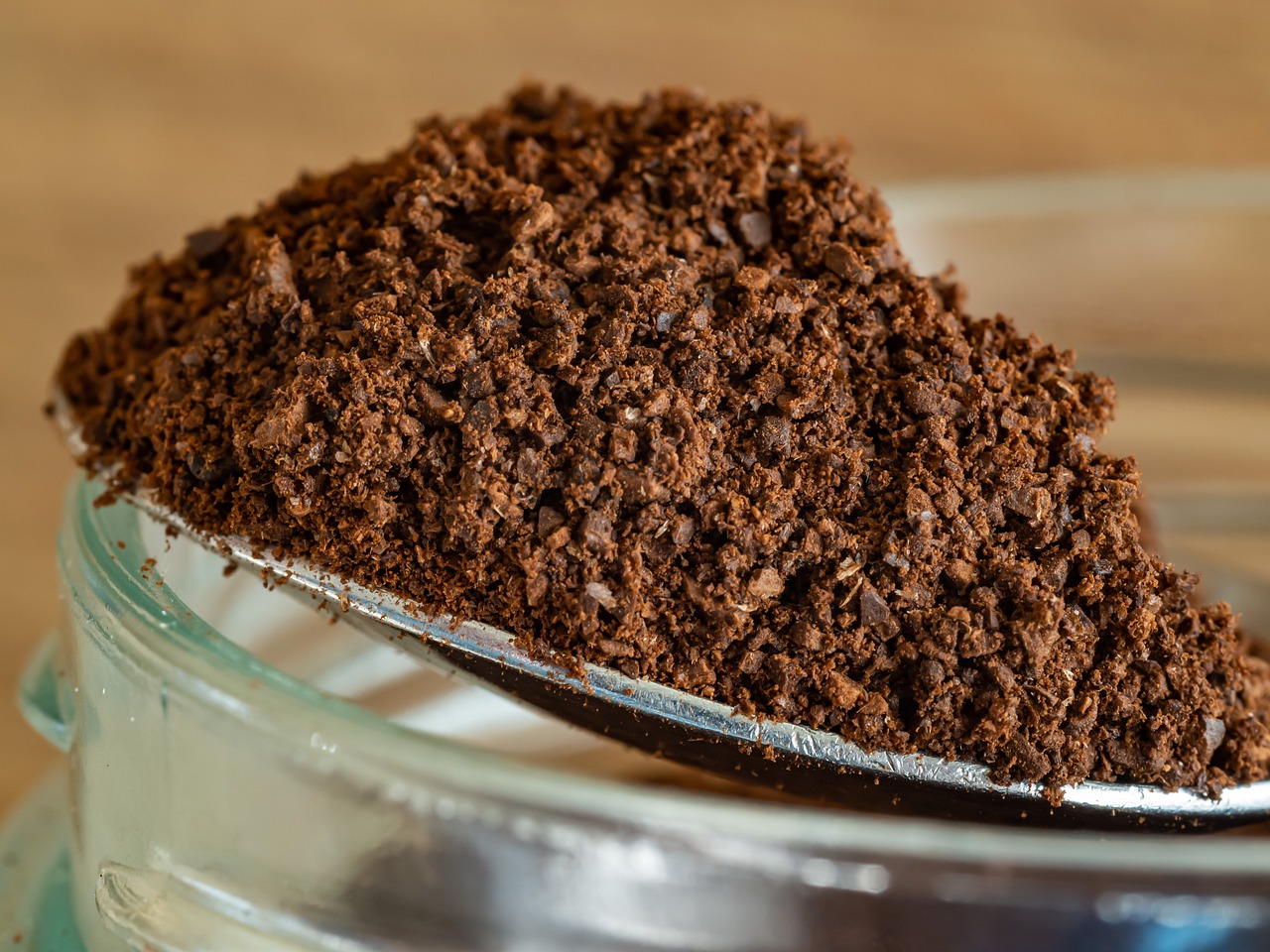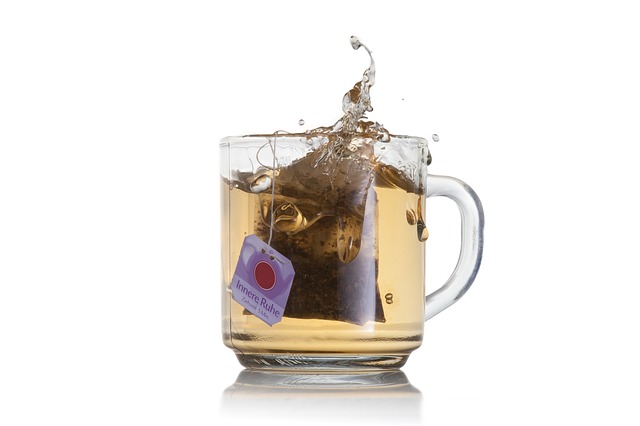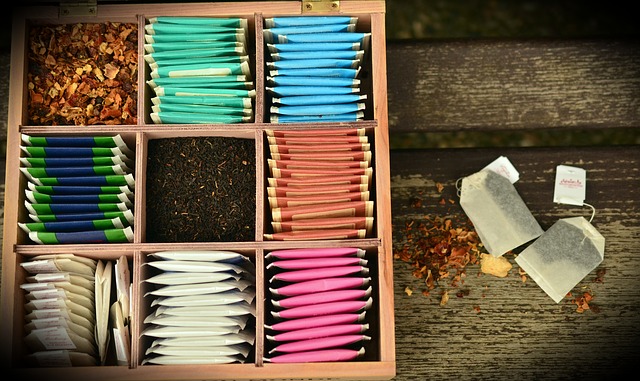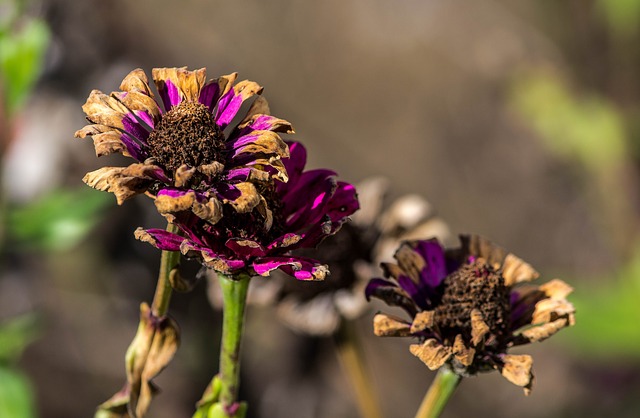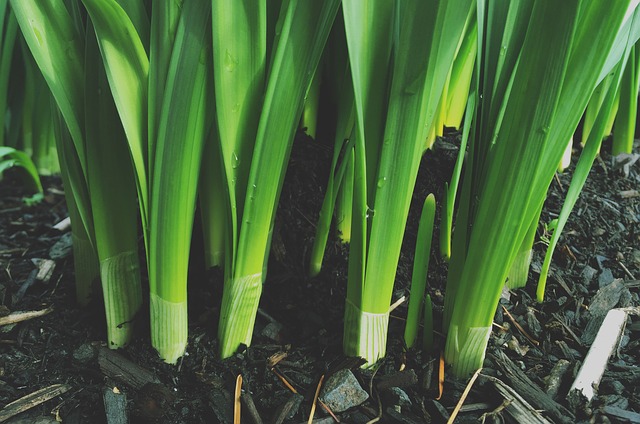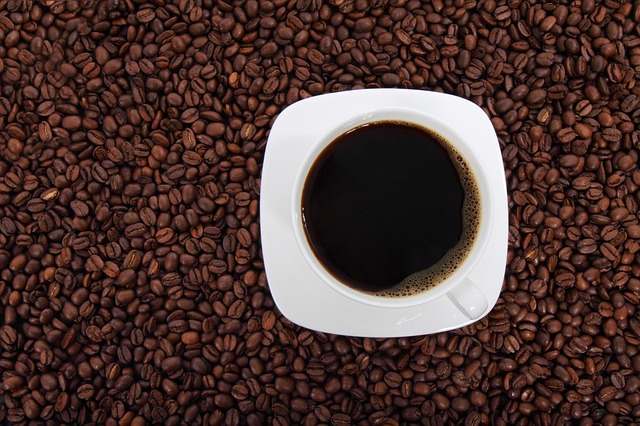
Your morning cup of coffee can help you to not only start your day off right, but in the garden as well. The grounds used to make it have many important properties that are ideal for both plants and soil. By using your coffee grounds in the garden you’ll be able to take advantage of them while cutting down on waste.
Using Coffee Grounds As Fertilizer
You can use your coffee grounds as an all natural fertilizer for your plants by adding it directly to the soil. Grounds shouldn’t be considered a substitute for a nitrogen fertilizer but instead as a natural supplement. Adding anywhere from a sprinkling to an inch of grounds to your soil is considered safe for plants. You don’t want to add more since once they dry out grounds can block both the water and oxygen intake of the plants’ roots.
And while grounds do a have a high nitrogen content, they will need to decompose first so that the nitrogen can be released. So when you add coffee grounds to soil, be sure to cover them with mulch, up to four inches, to help them break down as fast as possible. Unlike what you may have heard once they are used, the pH of coffee grounds is close to neutral.
So you won’t have to worry about them making your soil too acidic. (If you are looking to add some acidity you may want to place used tea bags in the garden.) All of your plants should benefit from their added nitrogen. But if you’re concerned you can always start with a small amount of grounds and work your way up to more with each application, if you don’t notice any negative effects.
Add Them To The Compost
Placing coffee grounds in the compost is an excellent way to increase its quality and structure. The high nitrogen content means it is considered a “green,” compost material. Just make sure to keep the percentage of coffee grounds in the compost at about 20% of the total, or under, for best results. And don’t forget to add your paper coffee filters as well.
Grounds are a favorite food of worms, which will help to break down your compost even more. By adding them to your bin or pile you will also be giving the grounds the adequate time needed for them to decompose. That way when your coffee compost is added to your garden soil later on, the nitrogen will be readily available for your plants.
Pest Repellent
Snails and slugs can cause serious damage to gardens. Luckily however, both of these backyard pests are sensitive to caffeine. In fact spray solutions made up of from one to two percent caffeine can be very effective in killing them. While grounds contain less caffeine, they still have enough to work as repellent.
Simply spread the grounds lightly around the base of the plants you’d like to protect. And when they reach the coffee grounds slugs and snails will slowly be on their way to find a meal somewhere else. Moles also happen to dislike caffeine. And placing coffee grounds in an active mole hole will deter them from coming back to it, at least temporarily.
While this could work in multiple holes at once, trying to use coffee grounds to get rid of ground moles permanently likely won’t be effective since they could just dig new ones. One of the more lesser-known uses of coffee grounds in the garden or yard is as an all-natural mosquito repellent.
Once dried out, you can place your used grounds in a bit of aluminum foil and light them. The burning grounds will have a strong smell and produce smoke which mosquitoes, along with wasps, and other insects dislike thus keeping them away when your relaxing outdoors.
As you can see there are many beneficial ways to use coffee grounds in the garden. So be sure to put them to good use after your morning cup, instead of throwing them out like everyone else.
Start Shopping for Composting Supplies!
Does Copper Tape Stop Slugs?
Does copper tape stop slugs? The answer is yes. And you can use this simple solution to keep your plants safe from those slimy plant-eating pests. Repel Slimy Garden Invaders Without Harm Despite being relatively small and very slow-moving, slugs can do a lot of...
Coffee Grounds For Flowers
For many of us, there’s nothing we’d rather do than relax with a cup of coffee near the flower garden. Most people don’t realize however that the grounds used to make our coffee can help to increase the health and beauty of our garden. Here’s what you’ll need to know...
Coffee Grounds For Roses
Using coffee grounds for roses is a fabulous way to improve the health of your plants, helping them to produce those gorgeous flowers you’ve been dreaming of. But there are a few things you’ll need to know before getting started. Conditions Roses Prefer Roses do best...
Do Roses Like Coffee Grounds?
Do roses like coffee grounds? This is something many gardeners wonder about, especially since feeding roses coffee grounds has been a practice that’s been around a very long time. The answer is yes they do, and here’s what you’ll want to know. Roses And Acidic Soil...
How To Use Coffee Grounds For Grass
You’ll want to think twice before you toss your used coffee grounds in the trash every day. Those grounds can actually be used to feed and increase the health of your lawn. Here’s everything you’ll want to know about using coffee grounds for grass. Advantages Of...
Are Coffee Grounds Good For Grass?
Are coffee grounds good for grass? The answer is yes, so you may want to think twice before throwing away your used grounds after your morning cup of coffee. Instead, you can put them to work helping increase the beauty of your lawn. Benefits Of Using Coffee Grounds...
Are Worms Good For Your Lawn?
Despite their slimy looks worms are well-known for being very helpful in the garden. But are worms good for your lawn? You bet they are, and here’s why! Aeration As worms travel from place to place in the soil below your lawn, they create a maze of tunnels. And those...
How To Use Coffee Grounds For Snails
You don’t have to kill those annoying garden snails in order to keep them from eating your plants. In fact, you can use your morning coffee as a non-lethal weapon against them. When they come into contact with your coffee grounds snails will turn right around and...
How To Use Coffee Grounds For Ants
There are endless sprays and poisons you can use to get rid of ants. However, you won’t have to look any further than your morning cup of coffee if you’d like a repellent that doesn’t contain any harmful chemicals. By using coffee grounds ants will stay away and kids...
Which Plants Like Coffee Grounds?
While using coffee grounds in the garden offers quite a few benefits, they can be slightly acid and therefore not appropriate for all plants. So which plants like coffee grounds? Here’s what you’ll need to know. The Basics Of Coffee Grounds Coffee grounds contain...
Coffee Grounds And Hydrangeas
While many people love their hydrangeas, they often would love them even more if they were blue. Luckily the grounds from your morning cup of coffee can help you to achieve those gorgeous blue blooms. Here’s what you’ll need to know about coffee grounds and...
Coffee Grounds For Worms
Worms are an extremely helpful component of any compost bin or pile, not to mention worm farms. And it turns your morning cup of coffee can contribute to their diet. Using coffee grounds for worms is an easy way to keep them from heading to the local landfill while...
Using Coffee Grounds In Compost
It’s estimated that over two billion cups of coffee are consumed around the world each and every day. And that’s an enormous volume of grounds which are used and then tossed in the trash. By using coffee grounds in compost instead, you can help cut down on waste and...
Used Tea Bags In The Garden
Many people don’t realize that once you’ve had a cup of tea, your tea bag can be used again in quite a few other ways. There are actually many great uses for used tea bags in the garden. And here are some of the best! Free Natural Fertilizer The tea leaves and...
Used Tea Bags In The Compost
The next time you have your daily cup of tea, you may want to think twice about throwing that tea bag in the trash. Instead of contributing extra waste to landfills, you can help the environment and your garden by placing used tea bags in the compost. But before you...
5 Eco-Unfriendly Things You Do That Kill Your Garden
Any budding gardener out there wants to do the best for their garden and their plants. But are you accidentally causing it harm? Here are five eco-friendly things you do that kill your garden: Buying Plants that Contain Pesticides You may not use pesticides yourself...
7 Reasons You Need to Start Gardening Now
Looking for a fun hobby to help you relax? Get outside and get to work in a garden. Gardening has a variety of benefits for your mental, physical and spiritual health. Wondering how tending to plants can help you tend to your health? Here are seven ways gardening can...
Quick Tips To Speed Up Compost Times
Compost is an excellent soil conditioner and natural fertilizer. However, it can take quite a while for it to break down into a form that you can use. Luckily there are a handful of simple things you can do to help speed up compost times without much effort. Size In...
6 Common Types Of Soil Deficiency And How To Solve Them
Unfortunately, not all soil has the nutrients that plants need to grow and thrive. In some cases, it may be lacking in one area or another and therefore need a boost. Here are the most common types of soil deficiency and the best ways to deal with each of them....
The Best Places To Find Free Composting Materials
Many people are interested in composting but feel like they don’t have access to enough organic materials. Luckily there are a range of places you can find free composting materials to get started or make your current pile bigger. Here are some of the best and easiest...
